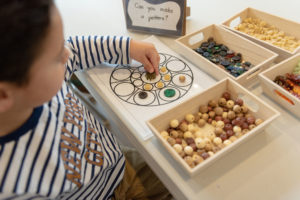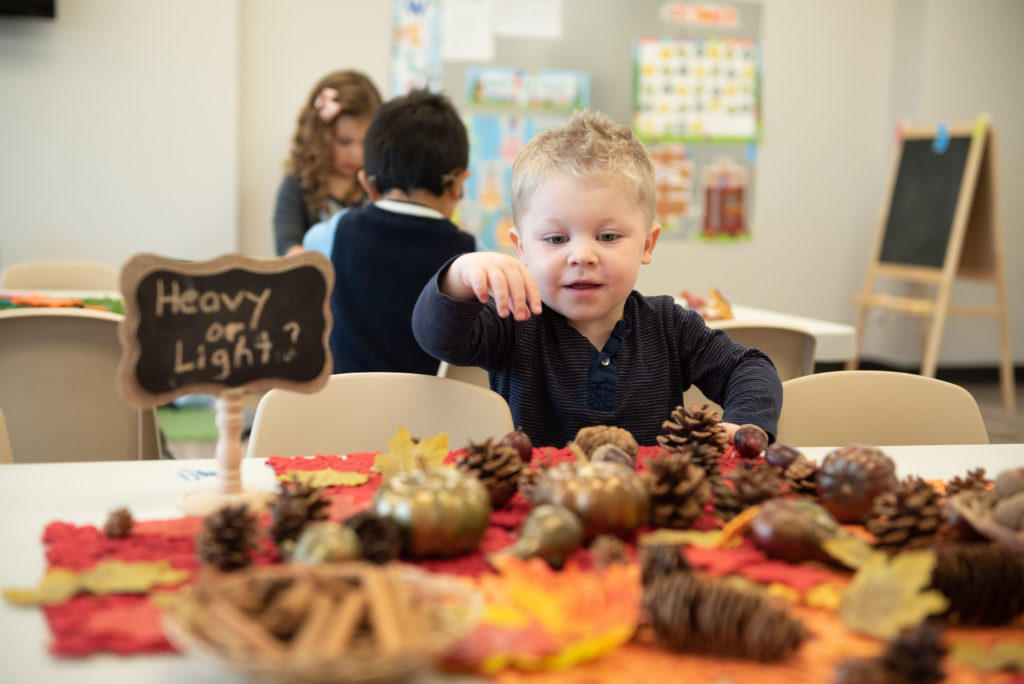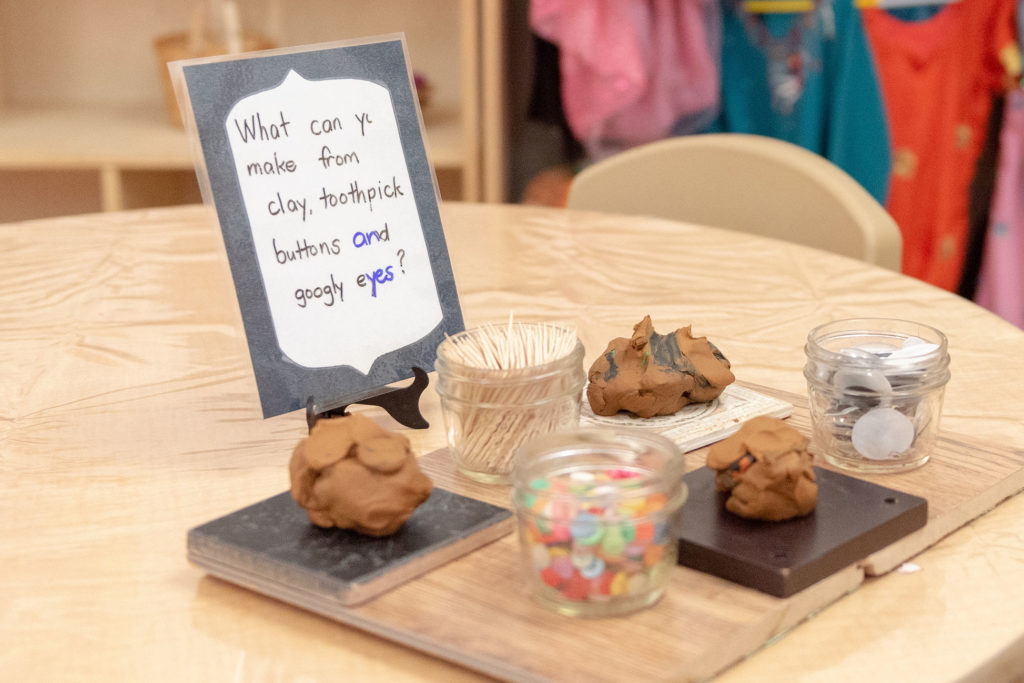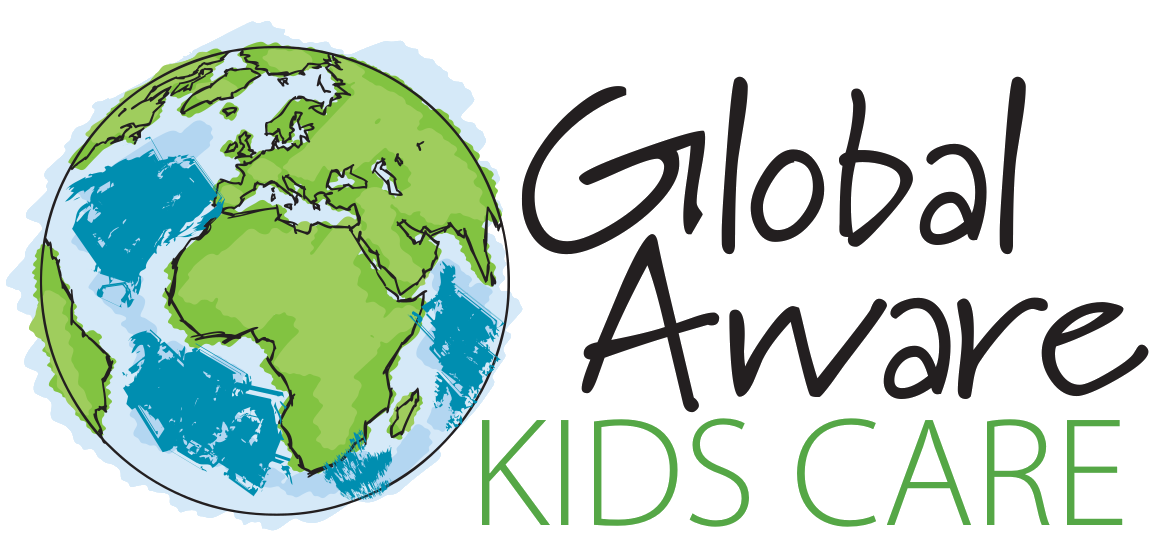Our Learning Approach
Our Learning Approach is a thoughtful blend of the Reggio Emilia Philosophy and FLIGHT, Alberta’s Early Learning and Care framework developed by Grant MacEwan University. In addition to these frameworks, we rely on the Center of the Developing Child at Harvard University to ensure that our daily practices are rooted in and informed by the key scientific concepts that are at the forefront of child development today. These topics include brain architecture, self-regulation, how children build resilience and the importance of serve and return communication skills.
Weekly Reflection and Program Planning: Each week our Educators have time outside the classroom to reflect on the activities of the past week and to develop a program plan, based on the expressed interests of each child in the room. Our progam plans are child-led, meaning that our Educators closely observe your child’s interests and skills, thereby encouraging independence and furthering their play options at a pace that challenges but does not overwhelm your child. As trained professionals, our Educators are masters at being flexible and modifying program plans to best suit the needs and interests of the children.

Reggio-Inspired Framework
As a globally minded organization we scan the world for the best in child development learning approaches. The Reggio Emilia approach that originated in Italy after WWII has been adopted both globally and locally. Reggio Emilia is an emergent framework that focuses on providing a nature-based, discovery-oriented environment for the children. Some key principles of this approach are:
Children are curious learners who are driven by their interests
Adults are learning guides and discovery partners who observe, listen, co-research and co-create with children
The environment is the third teacher meaning that beautiful, carefully ordered spaces as well as natural light play a vital role in your child’s development
The Hundred Languages of Children means that children have many different ways of thinking and expressing that should be incorporated into the learning and discovery process
Provocations are open-ended invitations to learn and create, as indicated by the photos on this page

FLIGHT Framework
The FLIGHT framework is intended to help Educators notice and name how each child approaches play and learning. As indicated on the Flight website, early learning curriculum frameworks are different than traditional frameworks in these ways:
Curriculum is focused on broad wholistic goals rather than specific outcomes
Children’s everyday experiences are the source of curriculum meaning making
Curriculum co-construction happens when Educators notice each child’s interest (e.g. exploring nature, people, places, stories, numbers, shapes, and patterns) and name the connections between these interests and children’s dispositions to learn
Children’s daily experience with their families and communities should inform the interactions, routines, experiences, and curriculum decisions in early learning and child care programs


